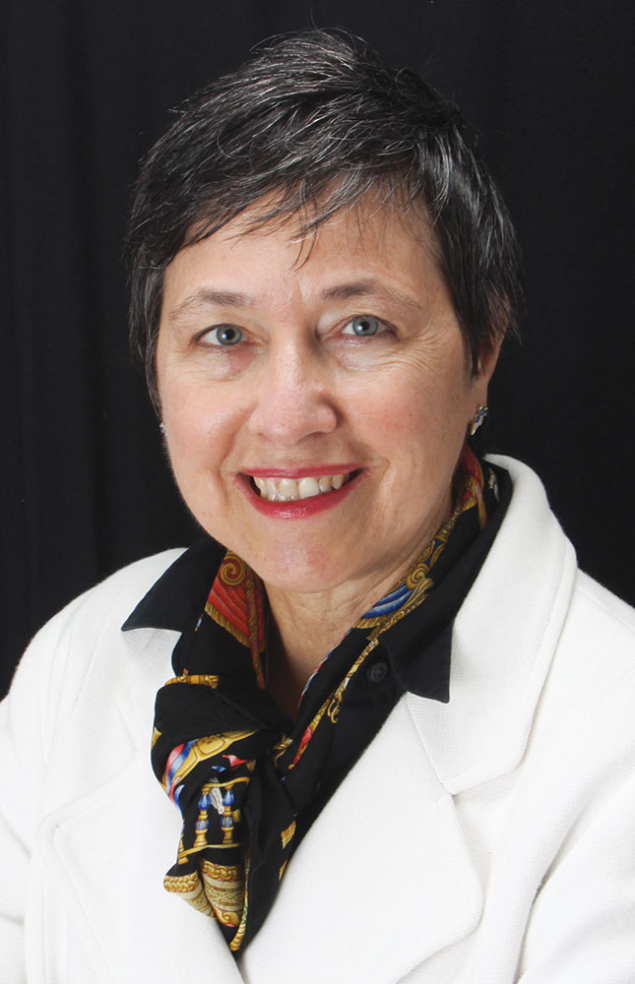New technologies can be used to give every human being secure and sovereign control over their own digital identity, argues Monique Morrow.

What would you do if you were thrust into a world where suddenly you lacked control over who you were? If you had no way to prove where you were from, who you were related to, or what you had accomplished? If you lost all your documentation in a natural disaster, or were forced to leave your home without taking anything with you? Without proof of identity, people are unable access essential systems such as health, education and banking services, and they are also exceedingly vulnerable to trafficking and incarceration. Having and owning your identity is an essential human right that too many people are lacking.
More than 68 million people worldwide have been displaced by war and conflict, and over 25 million have fled their countries and gone from the designation of “citizen” to “refugee”. They are often prevented from working in their new countries, and, even if they are allowed to work, many nations will not let professional credentials, such as licences to practise law or medicine, follow these people across their borders. We end up stripping away fundamental human dignities and leaving exorbitant amounts of untapped potential on the table. Countries need to recognise not just the right to identity but also that identity is portable across nation states.
The issue of sovereign identities extends much further than documentation. All over the world, individuals are becoming commodified by companies offering “free” services because their actual products are the users and their data. Every individual should have the right to decide to monetise their data if they want. But the speed, scale and stealth of such practises is making it increasingly difficult to retain control of our data.
All of this is happening as we celebrate the 30th anniversary of the web. While there is no doubt that the web has been incredibly beneficial for humanity, it has also turned people into pawns and opened them up to new security risks. I believe that we can not only remedy these harms, but that we’ve yet to harness even a small fraction of the good that the web can do. Enter The Humanized Internet – a non-profit movement founded in 2017 that is working to use new technologies to give every human being secure, sovereign control over their own digital identity.

New technologies like blockchain, which allows digital information to be distributed but not copied, can allow us to tackle this issue. Blockchain has some key differences with today’s databases. First, it allows participants to see and verify all data involved, minimising chances of fraud. Second, all data is verified and encrypted before being added to an individual block in such a way that a hacker would need to have exponentially more computing power to break in than is required in today’s systems. These characteristics allow blockchain to provide public ledgers that participants trust based on the agreed-upon consensus protocol. Once data transactions are on a block, they cannot be overwritten, and no central institution holds control, as these ledgers are visible to all the users connected to them. Users’ identities within a ledger are known only to the users themselves.
The first implication of this technology is that it can help to establish a person’s citizenship in their state of origin and enable registration of official records. Without this many people would be considered stateless and granted almost no rights or diplomatic protections. For refugees, digital identities also allow peer-to-peer donation and transparent public transactions. Additionally, digital identities create the ability to practise selective disclosure, where individuals can choose to share their records only at their own discretion.
We now need more people to get on board. We are already working with experts to discuss the potential of blockchain to improve inclusion in state-authenticated identity programmes and how to combat potential privacy challenges, in addition to e-voting systems that could allow inclusive participation in voting at all policy levels. We should all be the centre of our universe; our identity should be wholly and irrevocably our own.








